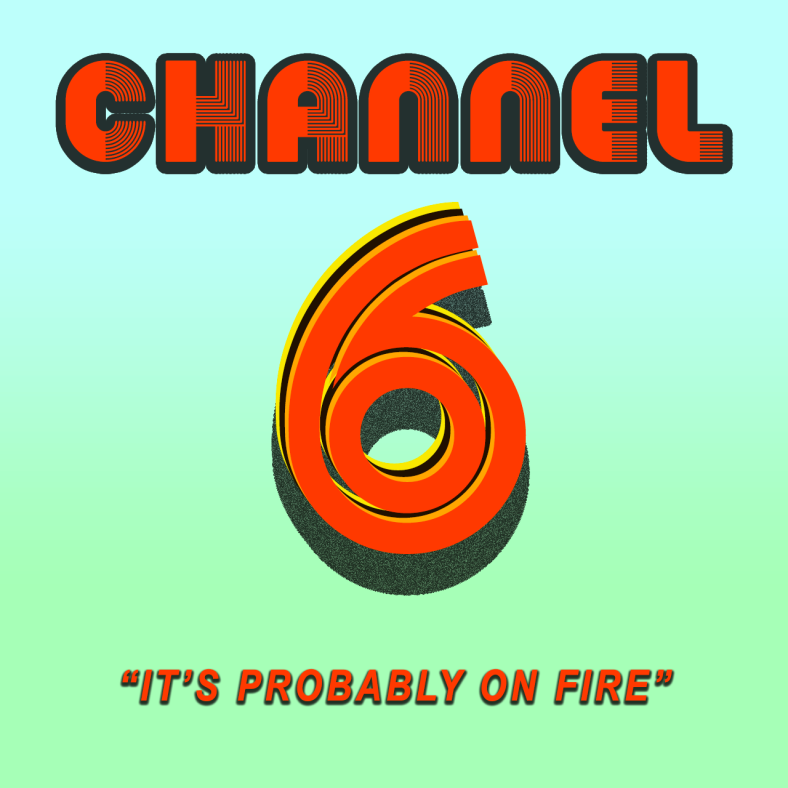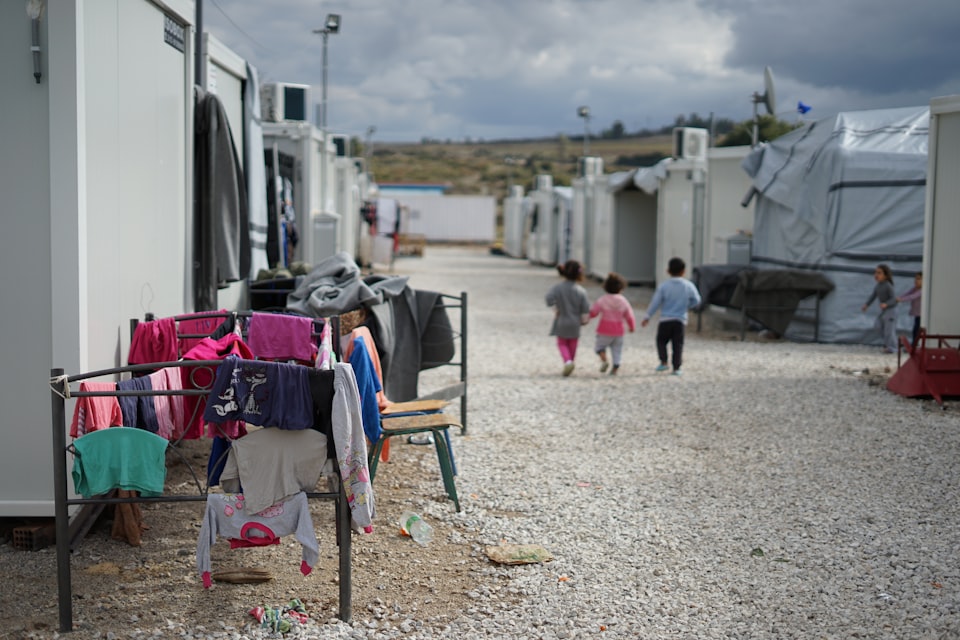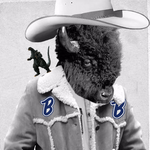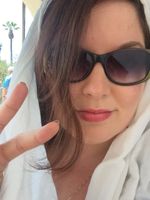HOLLY: This week the EDSBS/Shutdown Fullcast/Channel 6 extended universe has raised over $500k in the name of New American Pathways. Chances are, if you are reading this, you might have contributed. If you haven’t, I still think you’re wonderful for subscribing to Channel 6. I would also encourage you to donate to New American Pathways, and the fine work they do helping newly arrived refugees start new lives in the United States.
That number will eventually be a lot higher, by the way, thanks to corporate matching, recurring quarterly and monthly donations, and the hundred other astonishing ways people sneak into the air ducts of charity unseen and drop cash from the vents. This game started well over ten years ago, as a good-natured gag that raised something like the price of a used Ford Fiesta. For a couple years now, the collected donors of what we now call the Charitibundi Bowl constitute the single largest non-governmental donor to New American Pathways.
To be clear: This means we are a state now, and we intend to live as such. Our firefighters will be indescribably attractive. Our police officers will all be talking animals. Our attorneys will be dodgy but effective.
SPENCER: I’ve never really explained how this started. More specifically, I have never explained how I got to the point where I thought this was important enough to drag other people into it, or to solder it to two of my favorite things: Heckling my enemies and college football.
I would have to explain my feelings, for one, something I struggle to do on my best days inside my own head, much less to other people. I also have to give a presentation of sorts, a process I see mostly as unnecessary at best, and at worst the most loathsome and tedious experience. I am a simple person: I enjoy incomprehensible activities, wordless personal communication, and diving headfirst through floor-to-ceiling windows the instant a meeting exceeds the twenty-minute mark.
But at the risk of being sincere, I care enough about this to explain how I got here. So this is how I got here. It will get weird, but you already knew that was inevitable.
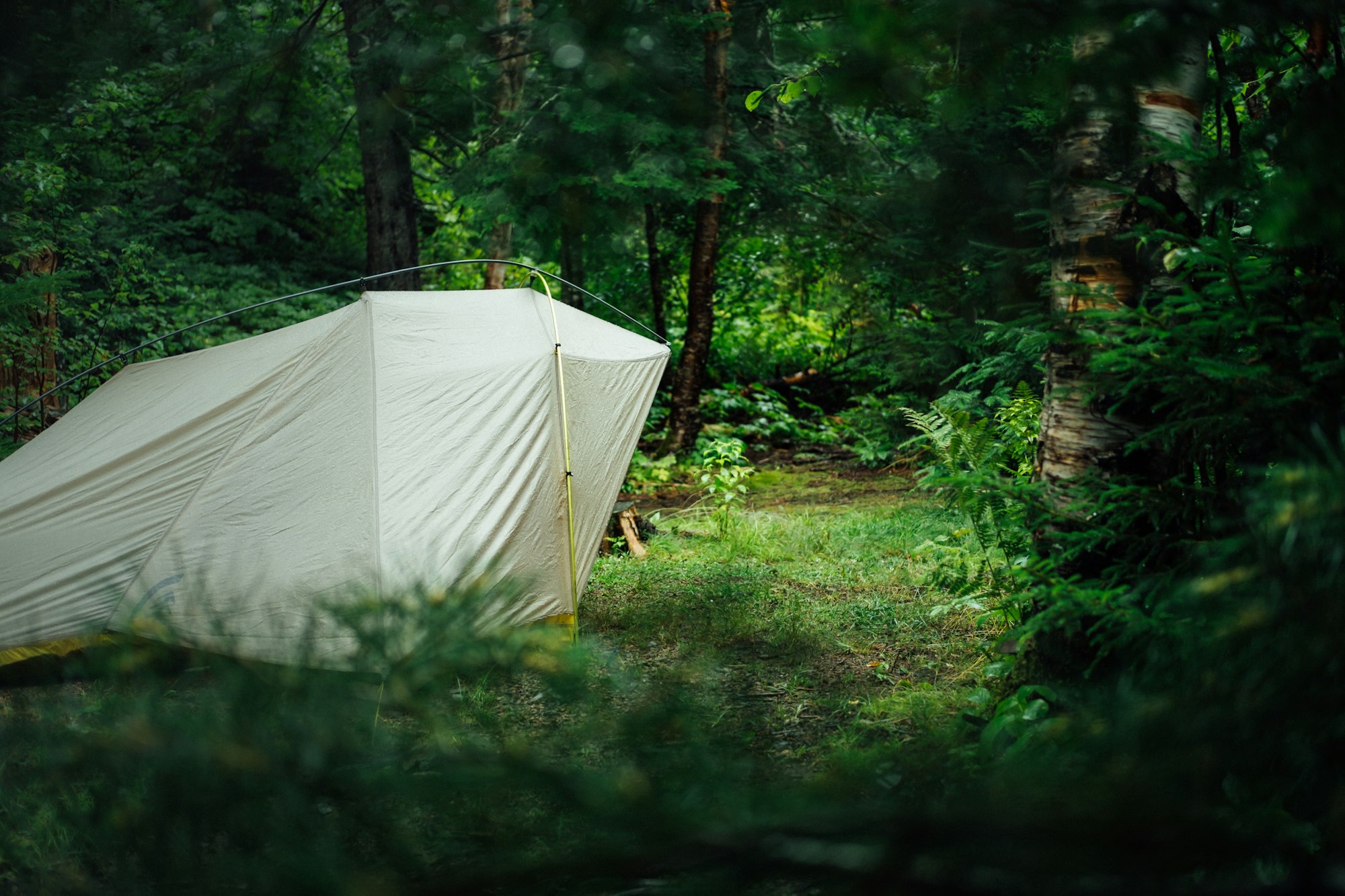
There is someone you will always be in every moment of your life. I am, and will always be, the half-blind, balloon-headed nine-year-old sitting in the blasting air conditioning of a portable classroom trailer in Alpharetta, Georgia on my first day of school, trying to figure out my new environment.
I can’t see the blackboard. Later that year I’ll get big glasses that I think look cool. (Video review by the game officials reveals the Izod frames with a cross bar across the nose, flexy arms, and gold finish absolutely do not look cool, at all.) But for the moment I’m bat-blind, can feel every seam and scratchy tag in my clothes at once, and have such a crippling case of ADHD I can’t hold a conversation with trained teachers, much less a classmate.
The feeling is 100% identical every time: I can reach out and touch it like a wire hot with 220 volts of electricity right now, if I want to. I would like to say I got better, made friends at school, and that people reached out to me. If they did, I never saw it, or never had the tools to recognize it. I figured it out later, once my brain had finished coming online and I could at least do a passable imitation of a normal human for several minutes at a stretch.
But that’s me, every day when I wake up. The teacher is calling on me. I can’t see what’s on the board, and have left every book I need at home. I do not know the name of anyone around me, or how to begin to talk to them. They are three feet away from me and even the word “Hello” feels like a thousand yards off in any direction.
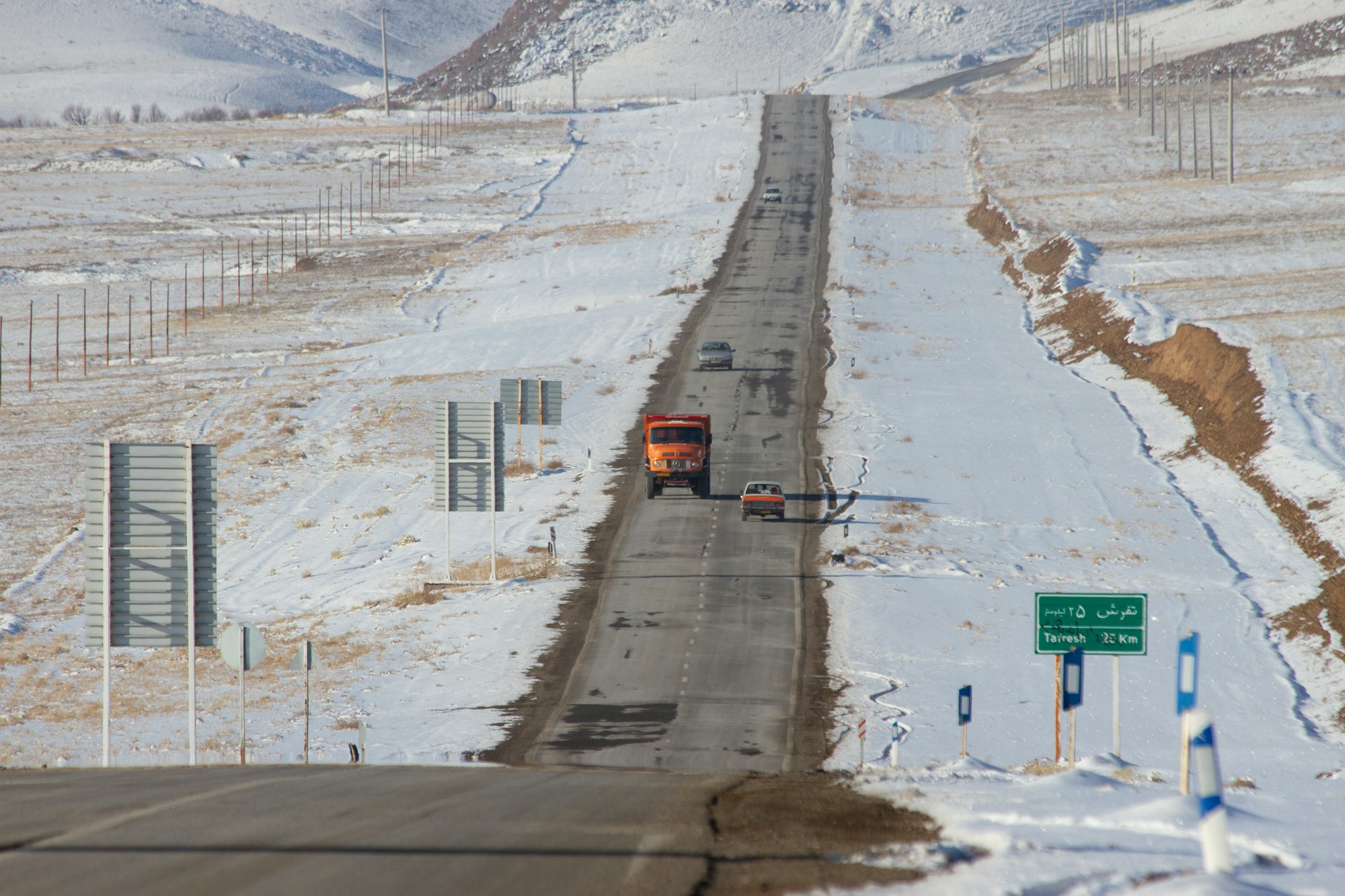
A short but profound religious experience at a bus station in China. I’ve had two encounters I can legitimately say qualify as religious. There should be a joke after this. I should say something like “One was the 2008 Fiesta Bowl against Ohio State.” I almost would, but a) we pulled up in the fourth quarter and failed to hang fifty on the Buckeyes, and b.) football games feeling ecstatic can be plausibly explained.
These two episodes cannot.
One: I had a dream, that was really just an image and a sensation. The image was of a banjo, hovering in the shock blue of the high stratosphere, glinting with the light of a reflected sun and rotating slowly at a great distance from me. The sensation: One of being pulled upward by a painless fishook lodged somewhere in my body, of rising higher and higher without care and with total absence of worry. Of rapture. Of joy.
I woke up and cried. I have no clue what it was, what it meant, or what happened. I have felt nothing like it before, or since. If it was a god talking to me, they can get back to me with further instructions.
Two: I’m at a Chinese bus stop in Yunnan Province, getting ready to board. I sit on a small bench with my wife, waiting for a rattletrap death box to roll us into the Himalayan foothills. Across from us on the wall, someone has pasted a large topographical map of the area. The big wavy lines cluster tightly to the west, where the Tibetan plateau looms, then level off into blank space noted by an occasional pair of Chinese characters.
For no particular reason, I thought about my grandmother. Then I thought about her and my grandfather, who divorced because he could not stop trying to drink away whatever pain he had inside him. I thought about how terrified she had to be when she decided to leave, a single mother in the 60s with four kids who took two jobs to keep it all afloat. I thought about my grandfather watching his mother drop him off at a boys home in Nashville when he was just a child because she believed she could no longer provide for him. He watched her go. I know he did, because anyone would. Like any hope, it would be irresistible.
My vision tunneled into the map. The fringes of my vision went black, and again I grabbed hold of something I can still, in my clearer moments, touch like a thread hanging from any ceiling in the world. I went somewhere, where I could see the nameless faces of everyone who kept every person before me afloat, or at least just alive enough to get through the day, a thousand little accidents adding up to me, staring at a map in a language I could barely read, through poverties and sorrow so deep and black and abysmal it had its own gravity.
For a second I could feel a sliver of all that emotion, and see that something got them across the void, a thousand souls floating on the surface of a grim cold ocean filled with monsters. It felt like what I imagine starting into the core of Chernobyl’s ruined reactor felt: Awesome like the face of a starry god, intolerable at any intensity, and capable of shattering your very DNA if you stayed for even a nanosecond.
I snapped back into the moment too stunned to speak for a while. The bus arrived. Later, at a police checkpoint, the transit cop on the heinously overloaded bus would tell me to get down, so the police wouldn’t see me sitting on the engine. She took my head into her lap, turning my face forward and covering my head with her hands while the highway police scowled outside the window, looking for something to ticket or interrogate.
She petted my head gently the whole time, like a nurse trying to settle a fractious newborn.
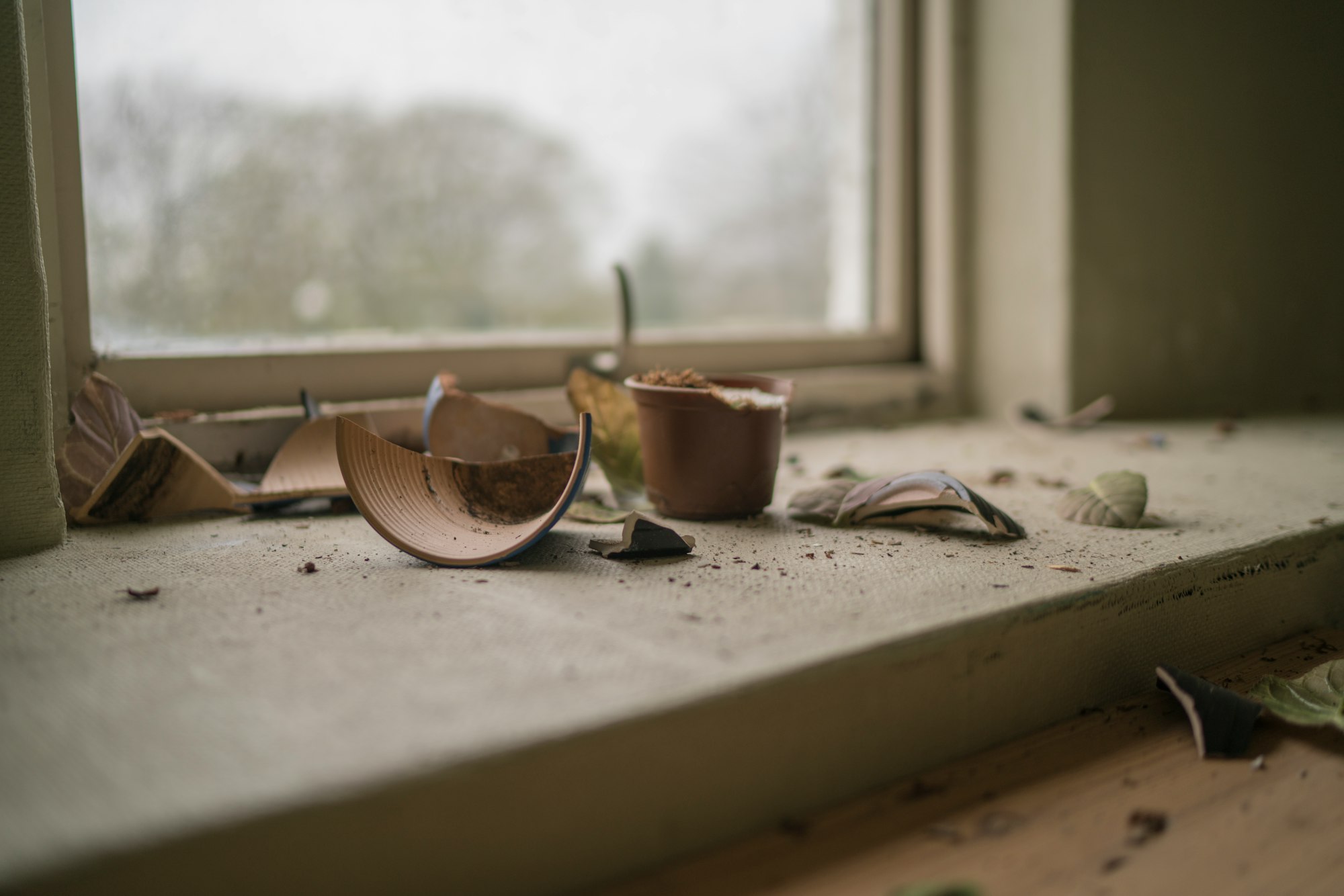
A broken apartment window. I was in my twenties and working for a refugee resettlement agency in Clarkston, Georgia. Sometimes my job was very clearly defined: I ran after-school programs for refugee high schoolers to catch them up academically, and helped them apply for college, trade school, or any other program they might find to get them moving.
Often, my job wandered by necessity. One day it wandered into an apartment complex in Clarkston, where one of my clients lived. He needed a form signed for something at school, and after several rounds of reminders and forgetting I just took him there myself to see if we could catch his mom to complete the paperwork. The family was still relatively new here, and they were struggling badly. The mother worked incessantly to stay above water. Older siblings struggled to look after younger, much less check off everything they needed to attend to as students working to absorb a whole new school system, language, and culture.
I walked into the dark, hot apartment. They didn’t use the A/C because that cost money, and with the power cut off once already they were too scared to chance using it again. The place had ancient brown carpet, and lots of evidence kids lived there: toys here and there on the floor, a box of generic froot loops on the table, pairs of small shoes stacked by the door. One of the younger kids came out of his room when we walked in, waved, and then cheerfully returned to whatever action movie he was busily hustling his second-hand Transformers through.
I felt a breeze stirring indoors. These apartments had large rectangular floor-to-ceiling windows, the kind you see in a lot of 1980s block apartment complexes, built into the corners of rooms. This one had had one of those, and no longer did. One of the neighbors had thrown a rock through it overnight. I asked my client if they’d tried to get it fixed. He said they had, but that management never came, and barely answered their phones, anyway.
The woods were right there, just breathing in and out of the dark apartment, the leaves rustling a little in the wind, the mosquitoes coming and going as they pleased.
We eventually got the window fixed, but it still got jammed in my brain: Kids slept in there every night, trying to dream in all that heat and darkness. They made it all the way here, only to find out firsthand that there are people in America who see a window and immediately search for a rock.
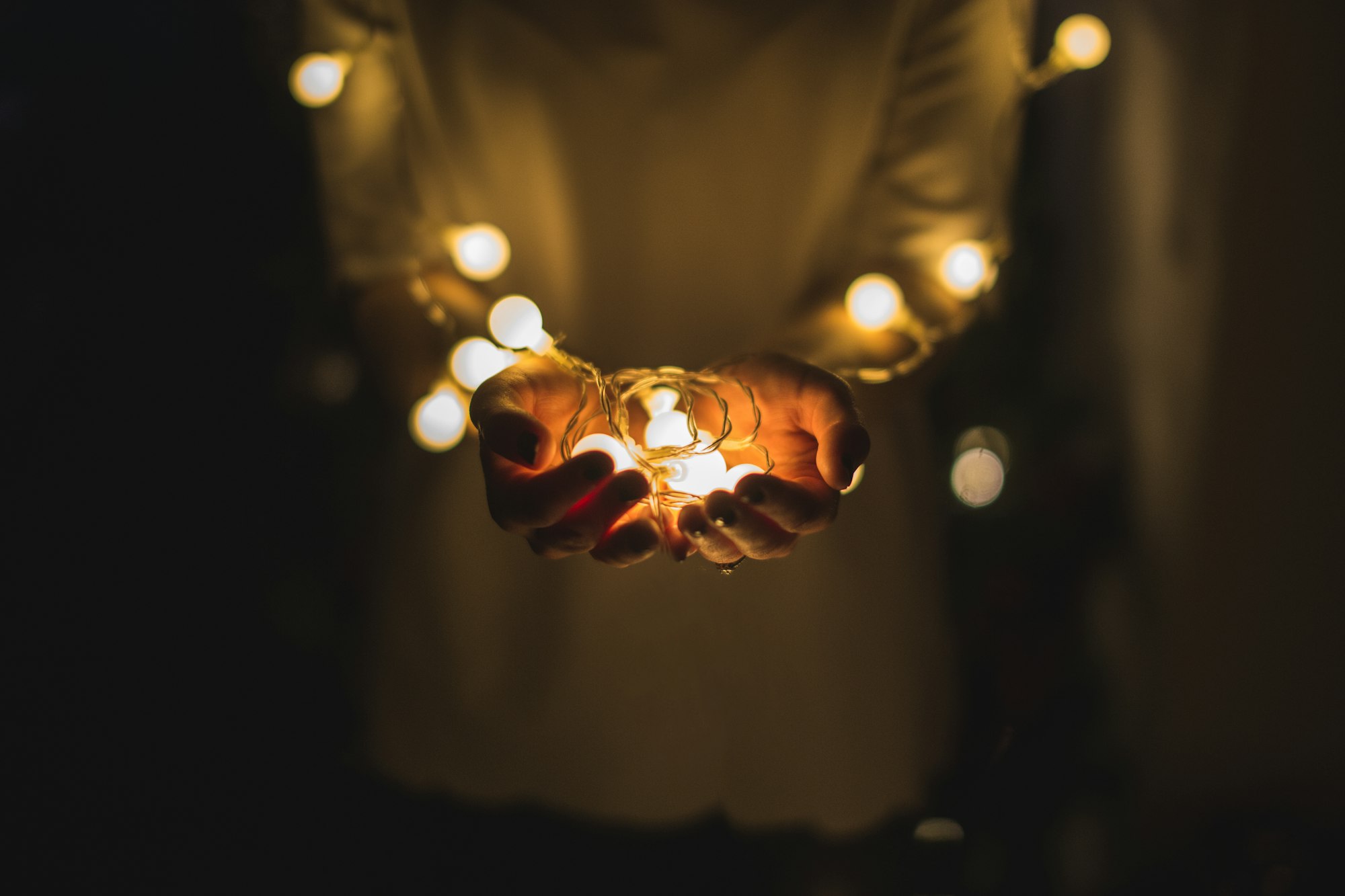
Those are the steps of how I got here, and why I think this is the thing to do. I will always wake up feeling like I have just woken up on the wrong planet. I believe I am here because a long chain of humanity decided to survive, and did not do so alone, despite a hundred lifetimes of pain and human misery. I believe the only good thing binding anyone to anyone else is kindness, and not the reciprocal kind. It has to be grace, unrepaid and unrepayable, and given even when it hurts. That is the only antidote to pain, and the brightest light left on in the dark.
That is how I got here. The EDSBS Charity Bowl ends this weekend, and I hope you donate. But even if you don’t, I hope you reach out in your own way towards helping someone you don’t know, or may never meet. There is a word for that gesture, and it’s how we know we’re about to come home: Welcome.
The rest is simply opening the door.
